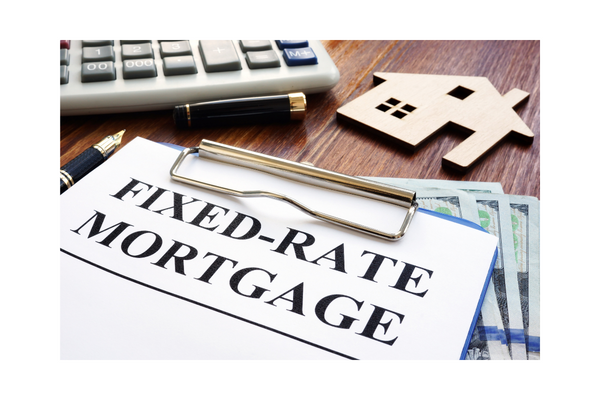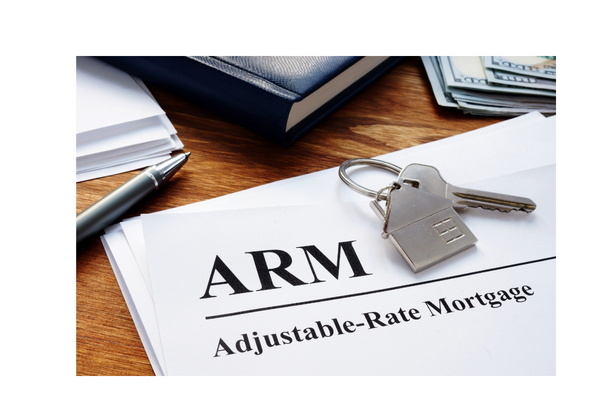Conventional Home Loans

A conventional loan is a type of mortgage that is not backed by the government, such as the Federal Housing Administration (FHA), the Department of Veterans Affairs (VA), or the Department of Agriculture (USDA). Instead, conventional loans are offered by private lenders and are often the preferred choice for borrowers who have a strong credit score and a stable income.
Here are some key facts about conventional loans:
Credit score requirements: To qualify for a conventional loan, you typically need a credit score of at least 620. However, some lenders may require a higher score, especially for borrowers who are seeking a larger loan amount.
Down payment: Most conventional loans require a down payment of at least 5% of the home's purchase price. However, if you can afford to put down 20% or more, you may be able to avoid paying private mortgage insurance (PMI), which can add hundreds of dollars to your monthly mortgage payment.
Loan limits: The maximum amount you can borrow with a conventional loan depends on your location and the type of property you are buying. In most areas of the country, the limit is $726,200 for a single-family home, but it can be higher in certain high-cost areas.
Interest rates: Conventional loan interest rates are generally lower than those for government-backed loans, but they may vary depending on your credit score, loan amount, and other factors.
Loan terms: Conventional loans are typically available in 15- and 30-year terms, but some lenders may offer other options as well.
There are several types of conventional loans available, each with its own unique features and requirements. These are some of the most common types of conventional loans:


Fixed-rate mortgages: With a fixed-rate mortgage, your interest rate stays the same throughout the life of the loan, typically 15 or 30 years. This can make budgeting easier and provide more predictability in your monthly mortgage payments.
Adjustable-rate mortgages (ARMs): With an ARM, your interest rate starts out lower than the market rate, but can adjust up or down over time based on changes in the market. ARMs can be a good option for borrowers who plan to sell or refinance their home within a few years.
Jumbo loans: Jumbo loans are conventional loans that exceed the maximum loan limit set by Fannie Mae and Freddie Mac. They are typically used for high-end properties or in areas with high housing costs. A Jumbo loan can be conforming if it meets the maximum limit in your county or non-conforming if the loan amount exceeds the limit.
Conforming loans: Conforming loans are conventional loans that meet the guidelines set by Fannie Mae and Freddie Mac, the two government-sponsored enterprises that buy and sell mortgages in the secondary market. These guidelines include requirements for loan amounts, credit scores, debt-to-income ratios, and down payments, and are adjusted annually and vary by geographic location.
Non-conforming loans: Loans of any size that do not fall into another category. These loans don’t necessarily meet the guidelines set by Fannie Mae and Freddie Mac and may be intended for borrowers with poor credit or for mainstream borrowers with unusual circumstances such as those who are self-employed.
Let’s talk a little more about the differences between conforming and non-conforming loans. Some of the notable differences are:
Loan limits: Conforming loans must adhere to the loan limits set by Fannie Mae and Freddie Mac, which are currently set at $548,250 for a single-family home in most areas of the country. Non-conforming loans can exceed these limits, making them a good option for borrowers who need to borrow more than the conforming loan limit.
Down payment: Both conforming and non-conforming loans require a down payment, but non-conforming loans may have higher down payment requirements, depending on the lender.
Interest rates: Interest rates on conforming loans are generally lower than those on non-conforming loans since conforming loans are less risky for lenders. However, interest rates can vary depending on the borrower's credit score, loan amount, and other factors.
Qualifying requirements: Qualifying requirements for conforming loans are typically more stringent than those for non-conforming loans since conforming loans must adhere to the guidelines set by Fannie Mae and Freddie Mac.
Overall, both conforming and non-conforming loans can be a good option for borrowers, depending on their financial situation and borrowing needs. Conventional loans can be a good choice for borrowers who have a strong credit score and a stable income. However, it's important to shop around and compare loan offers from multiple lenders to ensure that you get the best terms and interest rates for your situation. It is also important to work with a reputable lender who can help you understand your options and meet your particular needs.





